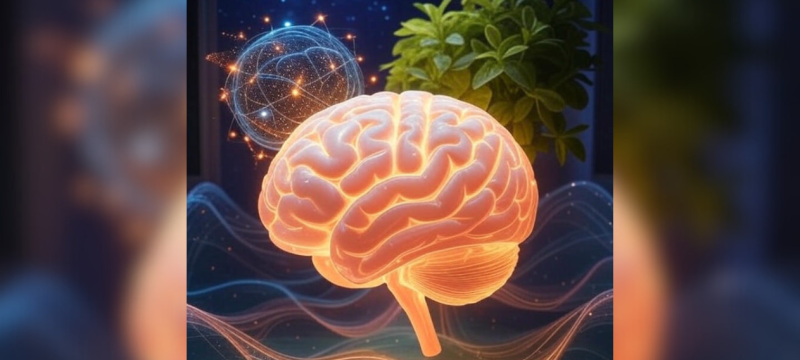A mind-bending theory known as panpsychism is gaining traction among modern scientists, proposing that consciousness may not be limited to humans—or even animals—but could exist in plants, particles, and possibly all matter in the universe. This once-dismissed philosophical idea is now being seriously considered as researchers explore the mysterious origins of subjective experience.
Modern neuroscience struggles to explain how physical processes give rise to consciousness. Some researchers are turning to theories like the Integrated Information Theory (IIT), which measures consciousness based on how much information a system integrates. Even more controversial is the Orch-OR theory linking consciousness to quantum mechanics inside brain microtubules—though widely debated, it keeps the conversation open between physics and the mind.
Also Read: Student dies by suicide after failed beard transplant in Turkey by fake surgeon
Philosophers point to historical thinkers like Thales, Anaxagoras, and Leibniz, who believed consciousness might be woven into the fabric of existence. While modern science distanced itself from such ideas during the Enlightenment, recent developments in neuroscience and quantum theory are reigniting these age-old debates.
Panpsychism challenges our traditional view of life and awareness, potentially reshaping our understanding of the universe. While many questions remain—especially how tiny bits of awareness might combine into complex minds—the theory invites a deeper look at the nature of reality itself.





